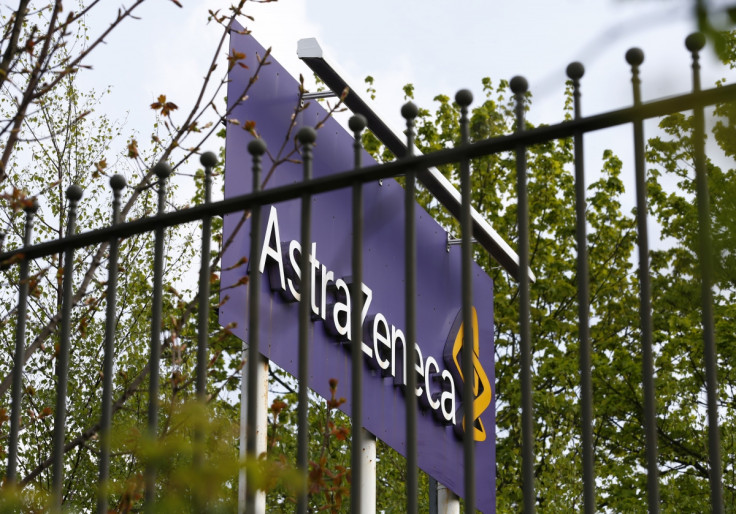Pfizer Ups AstraZeneca Bid to £63bn

US drugmaker Pfizer has sweetened its offer for rival AstraZeneca, proposing a deal that would value the UK company at about £63bn, in its relentless bid to create the largest pharmaceuticals firm on the planet.
Pfizer said it raised its offer to £50.00 ($84.47) per AstraZeneca share, valuing the company at about £63bn. Shareholders will receive 1.845 shares in the combined entity and 1,598 pence in cash for each AstraZeneca share. Earlier, Pfizer valued AstraZeneca at about $100bn.
"We have seen significant positive market reaction to the announcement we made on April 28, including from the shareholders of both our companies. The consistent message we have heard reinforces our belief that there is a highly compelling strategic, business and financial rationale for combining our businesses, with significant benefits for shareholders and stakeholders of both companies," said Ian Read, chairman and CEO of Pfizer.
"We believe our proposal is responsive to the views of AstraZeneca shareholders and provides a sound basis upon which to arrive at recommendable terms for the combination of our two companies."
Read also sent a letter to British Prime Minister David Cameron, with respect to "Pfizer's commitment to the UK and its life sciences agenda" following the company's proposal.
"We recognise that our approach may create uncertainty for the UK Government and scientific community given the strategic importance of life sciences to the Government's Industrial Strategy and the significance of the transaction. We would therefore like to assure the Government of our long term commitment to the UK where Pfizer already employs a significant number of colleagues across Research, Commercial, and Administrative roles," Read said in the letter.
Bloomberg reported earlier in the day that Pfizer might sweeten its offer for AstraZeneca to more than $106bn, and raise the cash portion of the deal, to resume negotiations.
On 28 April, both Pfizer and AstraZeneca confirmed media reports that they had discussed a possible merger of the companies in a cash and stock deal, valuing AstraZeneca at £46.61 per share. The merged entity would be incorporated in the UK with headquarters in the US.
However, the discussions were unsuccessful as AstraZeneca said they proved unattractive and the terms "significantly undervalued" the company.
A merger would create the world's biggest pharmaceutical company, with a larger portfolio of drugs for most major conditions, including cancer, diabetes and heart disease. In addition, the deal would be one of the industry's biggest deals since Pfizer bought Warner-Lambert for $90bn in 2000.
Pfizer noted that AstraZeneca shareholders would benefit from the transaction as they would become significant shareholders in the combined company, which is expected to produce better growth opportunities and operational and financial synergies.
Nevertheless, the companies have to undergo a number of regulatory hurdles in order to conclude the deal, which has renewed concerns in the US about the aggressive tax avoidance strategies of large companies, with politicians demanding immediate reforms.
While the deal is still far from reality, with the UK company yet to accept the terms, the so-called tax inversion under which the merged entity will have the UK as its tax domicile has created tensions in Washington.
If the deal is concluded, the US will suffer a loss of corporate revenue from Pfizer. In addition, the deal would result in a lower effective tax rate for the merged entity than that paid separately by the two companies.
Drug companies are well known for their egregious tax strategies; many US drug makers feel they must divide their tax affairs across multiple jurisdictions in order to be competitive, and to free funds for more M&A activity.
© Copyright IBTimes 2025. All rights reserved.






















